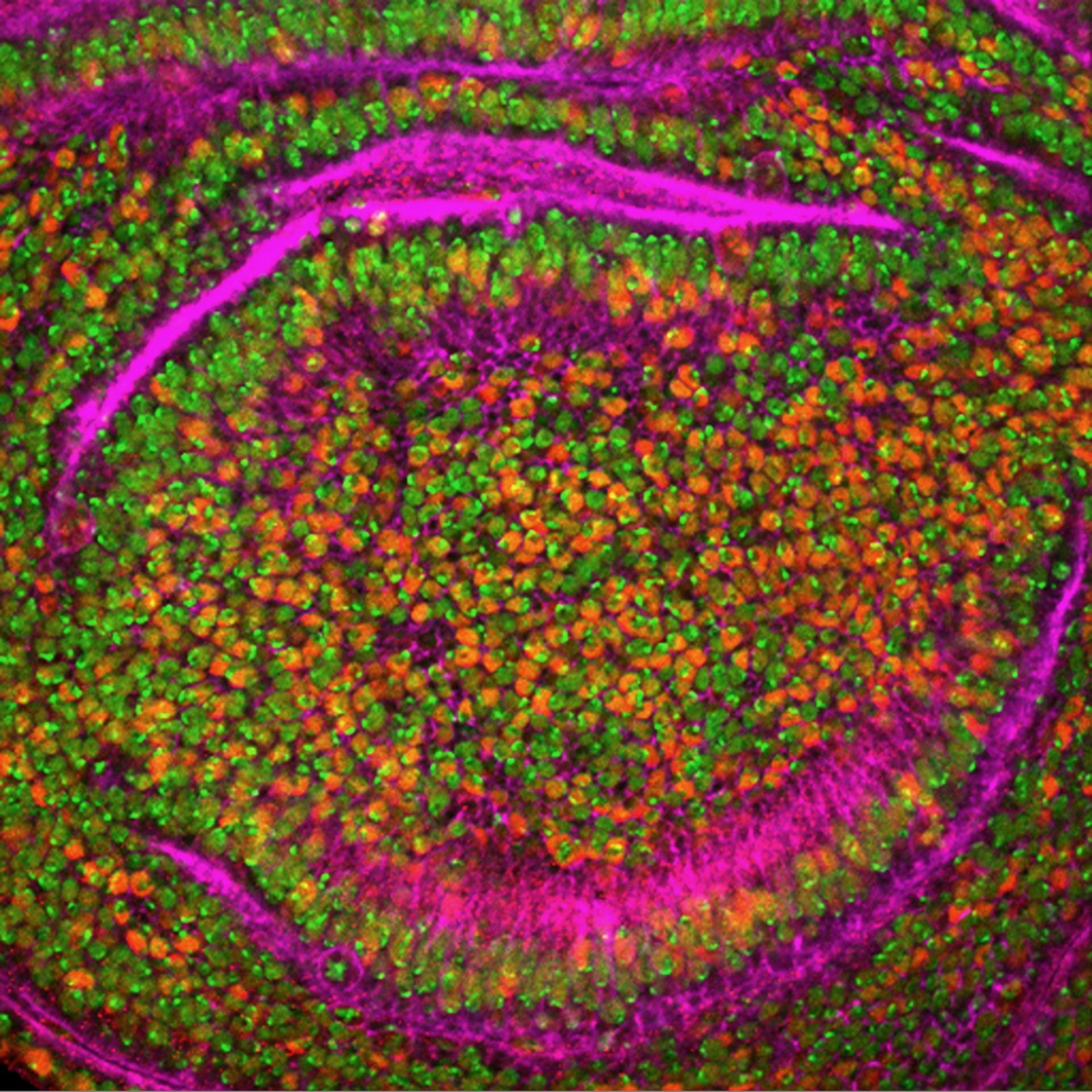Research
Our lab’s primary focus is linking basic immunology research with translational medicine. We collaborate with physician scientists and are working to establish unique tissue resources. We are using multiomic approaches coupled with machine learning tools to generate integrative models of tissue-specific lymphocyte responses, which are essential for understanding tissue pathologies and for designing new strategies for fortifying site-specific immunity.
We are interested in understanding the molecular mechanisms of the activation of tissue-localized immune cells, specifically lymphocytes. The body is composed of various tissue microenvironments that can elicit inflammatory responses of fundamentally different quality, with activation of distinctive regionalized cellular and molecular effector programs, influenced by their intimate relationship with local microhabitats. We want to understand how lymphocytes in tissues regulate microbial homeostasis, preserve tissue integrity, and mount protective responses.
Specifically, we are addressing the following questions:
1. How does compartmentalized host-microbe alliance shape local immunosurveillance systems?
2. What factors or pathways contribute to the disruption of these finely tuned immunosurveillance systems during inflammation?
3. How do the local T cell antigen receptor (TCR) and B cell antigen receptor (BCR) repertoires compare with peripheral blood in steady-state and disease?
4. How do the metabolic needs of tissue compartmentalized lymphocytes differ from those in peripheral blood?

